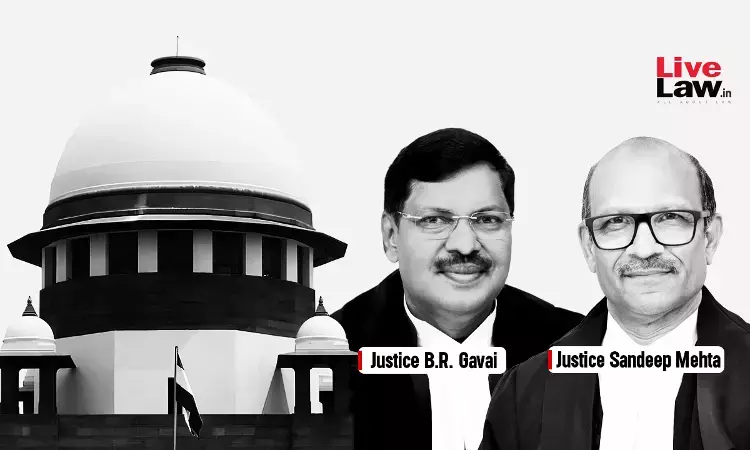Supreme Court Reiterates Principles To Be Adhered By Appellate Court While Reversing Acquittal
Gyanvi Khanna
21 April 2024 10:15 AM IST

Next Story
21 April 2024 10:15 AM IST
Recently, the Supreme Court (on April 19) reiterated the principles that must be adhered to by the appellate Court while reversing the decision of acquittal as arrived by the Trial Court. The guiding principles read as follows: “(a) That the judgment of acquittal suffers from patent perversity; (b) That the same is based on a misreading/omission to consider material evidence...
